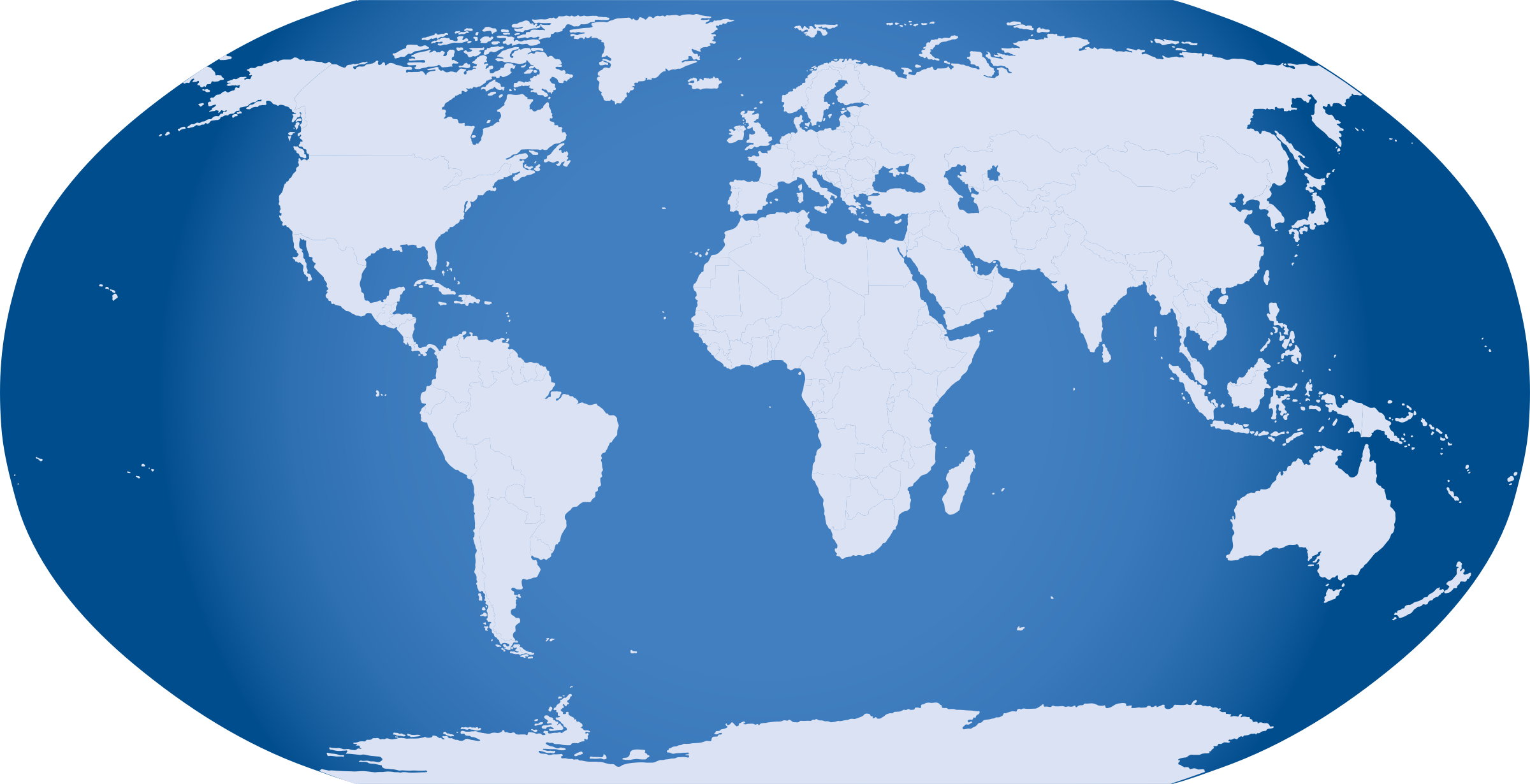The Baháʼí Faith presents a compelling vision of democracy reminiscent of the interplay between light and shadow—a mesmerizing ballet that harmonizes the individual and the collective. This perspective posits that the ideal governance model emerges from the synthesis of diverse thought and the embrace of universal principles. This article endeavors to explore the unique appeal of the Baháʼí understanding of democracy, encapsulating its foundational tenets and the sociocultural implications of its teachings.
At its core, the Baháʼí teachings advocate for the oneness of humanity. It posits that true democracy transcends mere political frameworks; it is an embodiment of the interconnectedness inherent in human existence. The metaphor of a tapestry comes to mind—each thread, distinct in color and texture, contributes to a coherent whole. The Baháʼí Faith asserts that, similar to a tapestry, the richness of society is found in its diversity. This fundamental belief serves as the cornerstone for advancing a global democracy that honors individuality while simultaneously fostering collective identity.
Democracy, as envisioned by the Baháʼí Faith, encompasses the spiritual and moral dimensions of governance. It is not confined to the ballot box or parliamentary procedures; it extends to the cultivation of virtues that empower individuals to take an active role in societal transformation. The teachings emphasize that a truly democratic society must be founded on principles such as justice, equity, and the rule of law. These principles act as the compass that steers the collective will towards a more prosperous future.
One of the most striking aspects of Baháʼí democracy is its advocacy for the active participation of women. Historically, democracies have oftentimes sidelined women’s voices, but the Baháʼí teachings rectify this discrepancy by asserting that gender equality is pivotal to achieving social harmony. The Baháʼí writings articulate that progress in any society is inextricably linked to the empowerment of women. Thus, when both genders engage in the political and social fabric of a community, the fabric becomes more resilient, vibrant, and reflective of the diverse experiences within it.
Moreover, the Baháʼí Faith embraces the concept of consultation, which serves as a operational mechanism for collective decision-making. In this model, individuals are encouraged to share their insights openly and equitably, ensuring that discussions are characterized by humility and mutual respect. This form of discourse is not merely an exercise in rhetoric but an essential practice for nurturing unity among diverse perspectives. Therefore, the Baháʼí approach to consultation transcends ordinary dialogue and elevates collective intelligence—a kaleidoscope of thoughts that converge towards a shared goal.
In contrast to conventional political systems that often devolve into partisanship and antagonism, Baháʼí administration seeks unity and collaboration. The Baháʼí community is structured around elected councils that operate without the influence of wealth or political clout. This egalitarian framework aims to eliminate the corrosive factors that often plague democratic systems, such as corruption and nepotism. Instead, it fosters an environment where service to humanity is paramount, and leaders are seen as facilitators rather than rulers. The concept of leadership in the Baháʼí Faith is akin to that of a gardener, carefully tending to a communal garden, ensuring that every plant has the space and resources to thrive.
Are we not, as global citizens, called to nurture this garden together? The Baháʼí teachings implore us to strive for a collective sense of responsibility—a reality where engagement in civic duties becomes an intrinsic part of our identity. The uniqueness of the Baháʼí vision lies in its unwavering focus on the public good and the well-being of all people, challenging us to envision a world liberated from the shackles of discord and division. Thus, a Baháʼí engagement in democracy invokes the intriguing metaphor of the ‘sea of humanity,’ where myriad waves coexist harmoniously, enriching the collective experience.
This holistic approach invites individuals to cultivate their spiritual capacities alongside their intellectual capabilities. The Baháʼí writings advocate for the importance of education as a tool for empowerment, with the notion that an enlightened populace is crucial for an effective democratic process. Access to knowledge serves as the bedrock of informed decision-making, thereby elevating the discourse and ensuring that governments genuinely reflect the will and needs of their constituents. An educated citizenry fosters a more engaged and conscientious electorate, transcending mere participation to encompass a profound sense of purpose.
Ultimately, the Baháʼí Faith presents democracy as a sacred, evolving process—a continuous journey toward the realization of societal ideals. It compels us to aspire for a participative spirit infused with love, respect, and dignity for all. In establishing a framework that welcomes diversity and elevates collective discourse, the Baháʼí teachings provide a prophetic vision for the reconstruction of our global society. As humanity stands at the crossroads of challenge and opportunity, the embrace of Baháʼí democratic principles can guide us toward a future characterized by equity and unity.
Thus, as we contemplate the implications of Baháʼí teachings on democracy, we recognize that it is more than a mere political construct; it is a profound spiritual ethos that encourages us to awaken to the potential within ourselves and others. The Baháʼí Faith beckons us to envision a world wherein democracy flourishes as the world’s purest expression of human cooperation—where every voice resonates in a symphony of unity and mutual respect, heralding a new dawn for humanity.
